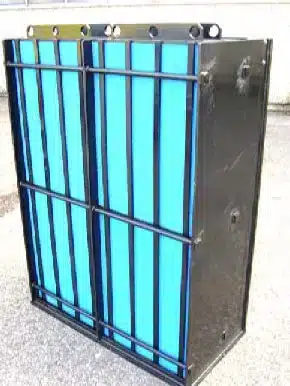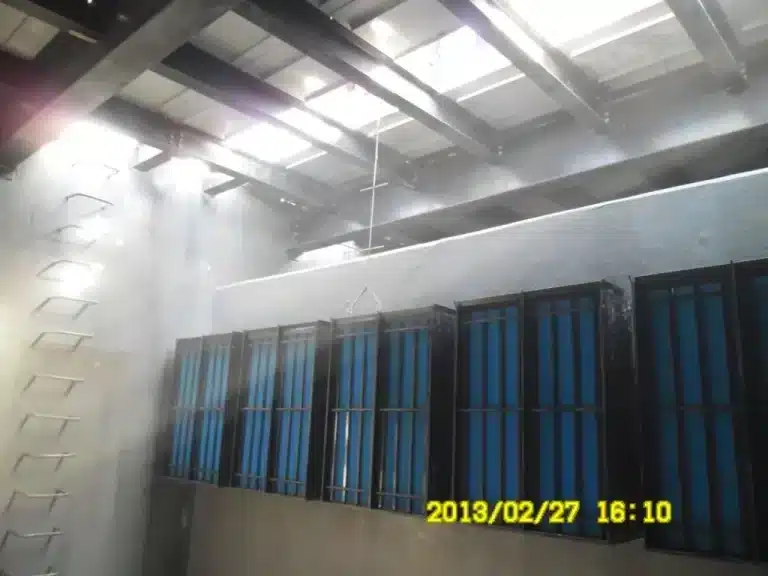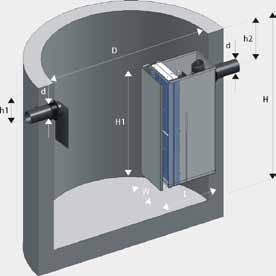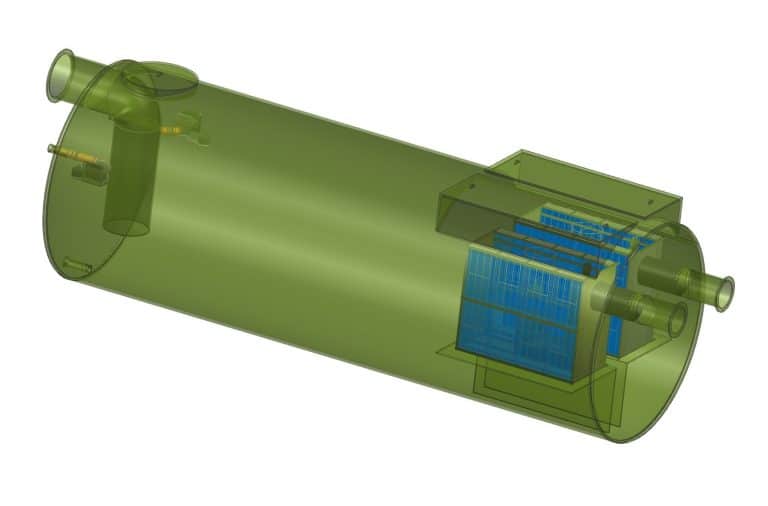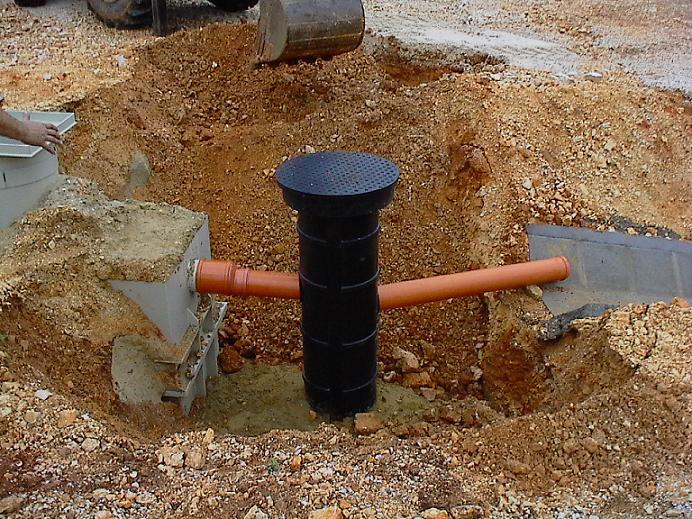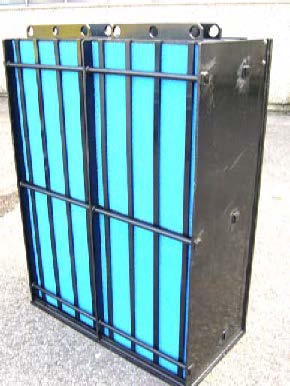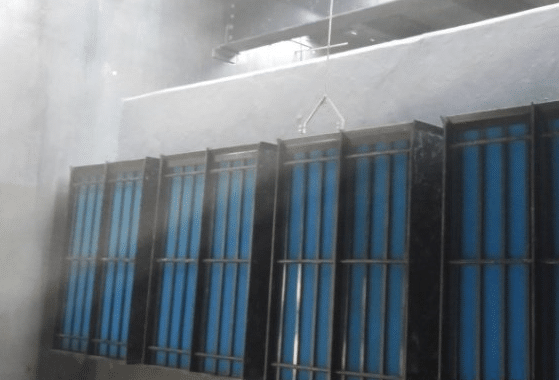In South Carolina, industries face environmental challenges. Below Ground Oil Water Separators (OWS) are key to solving these issues. They protect our water and soil from harmful substances. But, how much do you know about these underground protectors?
South Carolina Below Ground OWS are more than just tools; they show a deep care for our planet. They manage oily wastewater, stopping it from polluting storm drains and industrial water systems. With strict rules, businesses must make sure their oil-water separation is up to state standards.
South Carolina’s rules for underground storage tanks protect our natural resources. By using Below Ground OWS, companies follow the law and help keep South Carolina clean and safe. This is good for both businesses and the environment.
Key Takeaways
- Below Ground OWS are essential for environmental protection in South Carolina
- These systems prevent contamination of water and soil from oily wastewater
- South Carolina has strict regulations for underground storage tanks
- Proper oil-water separation is crucial for regulatory compliance
- Implementing Below Ground OWS benefits both businesses and the environment
Understanding Below Ground Oil Water Separators in South Carolina
Below Ground Oil Water Separators are crucial in South Carolina for protecting the environment. They help manage wastewater from industries, keeping oil out of water sources.
What are Below Ground OWS?
These devices sit underground and separate oil from water. They let oil rise to the top while clean water flows out. This is important for businesses that work with oil and need to treat their wastewater.
Importance of OWS in Environmental Protection
OWS separators are vital for the environment. They keep oil from getting into water, protecting fish and our drinking water. Using these separators shows businesses care for South Carolina’s natural resources.
South Carolina Regulations for Underground Storage Tanks
South Carolina has strict rules for underground storage tanks. These rules help prevent leaks and keep the environment safe. Businesses must install tanks correctly, have them inspected often, and fix any problems quickly. Following these rules helps avoid fines and stay in line with the law. The OWS Management Program works with other efforts to protect water resources in the state.
Benefits of Below Ground OWS Systems
Below Ground OWS systems are a top pick for many businesses. They save space, making them perfect for areas where space is limited. This is especially useful in cities where every inch counts.
Gravity-fed systems are a big plus of below ground setups. They use gravity to work, so there’s no need for pumps or complicated controls. This means lower costs and less upkeep over time.
These systems are great at separating oil and water. They can handle different types of oil, like motor oil, diesel, and gasoline. Some can even remove almost all oil from water.
Below ground OWS systems also save space underground. By putting them underground, businesses can use more space above ground. This lets them use their space better and improve their facilities.
Even with all the benefits, keeping these systems maintained is key. Regular care stops sediment and solids from building up. With the right maintenance, below ground OWS systems work well for a long time.
South Carolina Below Ground OWS: Installation and Maintenance
Installing and keeping Below Ground Oil Water Separators (OWS) in South Carolina needs careful planning and following rules. Doing it right makes sure these systems protect the environment and meet state laws.
Site Assessment
Before putting in Below Ground OWS, a detailed site check is key. It looks at soil, groundwater, and nearby buildings. Experts use this info to pick the best spot and design for the OWS.
Installation Process
The setup includes digging, putting in the tank, and linking it to pipes. Experts make sure the tank is in the right spot and filled back in right to stop settling. They also put in systems to detect leaks and check how well the system works.
Maintenance Procedures
Keeping OWS systems running well needs regular upkeep. This means checking them often, cleaning them, and taking out oil and sludge. Doing this stops problems and keeps the system in line with discharge rules.
Regulatory Compliance
South Carolina has tough rules for Below Ground OWS. Owners must follow these rules for setting up, running, and keeping up the systems. They need to test and report regularly to show they’re following the rules. Working with experts who know what they’re doing helps make sure you’re doing everything right.
Freytech Inc.: Leading Provider of Below Ground OWS Solutions
Freytech Inc. is a top name in below ground oil water separators. Their systems are known for their high separation efficiency, going beyond what’s standard. They ensure cleaner discharge, with separation efficiency at 5 PPM, which is better than the North American standard of 10 PPM.
Their enhanced coalescing technology makes them stand out. This technology helps separate even tiny amounts of emulsified oil. Freytech’s OWS can get down to 0.1 PPM separation efficiency, a big step forward in oil-water separation.
Freytech Inc. provides custom OWS solutions for different needs. Their separators work well with many types of hydrocarbons. Whether it’s motor oil, diesel, gasoline, or jet fuel, Freytech’s systems perform reliably. For custom high-efficiency oil-water separation solutions, contact Freytech Inc. at +1 (305) 372-1104.
Environmental Impact and Remediation Services
Below ground oil water separators are key to protecting our environment. They stop soil and groundwater from getting polluted by industrial activities. It’s important to do an environmental impact assessment before putting them in to make sure they work right.
Preventing Contamination
Keeping these systems maintained and checked regularly is crucial. If petroleum tanks leak, they can really harm the soil and water. We need good leak detection and quick action to lessen harm to the environment.
Dealing with Contamination
If pollution happens, we need to clean up the soil. This means making polluted soil safe again. Dealing with polluted groundwater is also a big task. We use things like digging up soil, treating water, and watching the site for a long time to fix it.
Long-Term Management
Looking after below ground oil water separators means always being careful. This means testing soil and water, updating equipment, and following environmental laws. By doing these things, we can keep our natural resources safe and work towards a cleaner future.
Choosing the Right Below Ground OWS for Your Needs
Choosing the right below ground oil water separator (OWS) is important. You need to think about site-specific needs, rules, and how it affects the environment. It’s key to know these things to make a good choice.
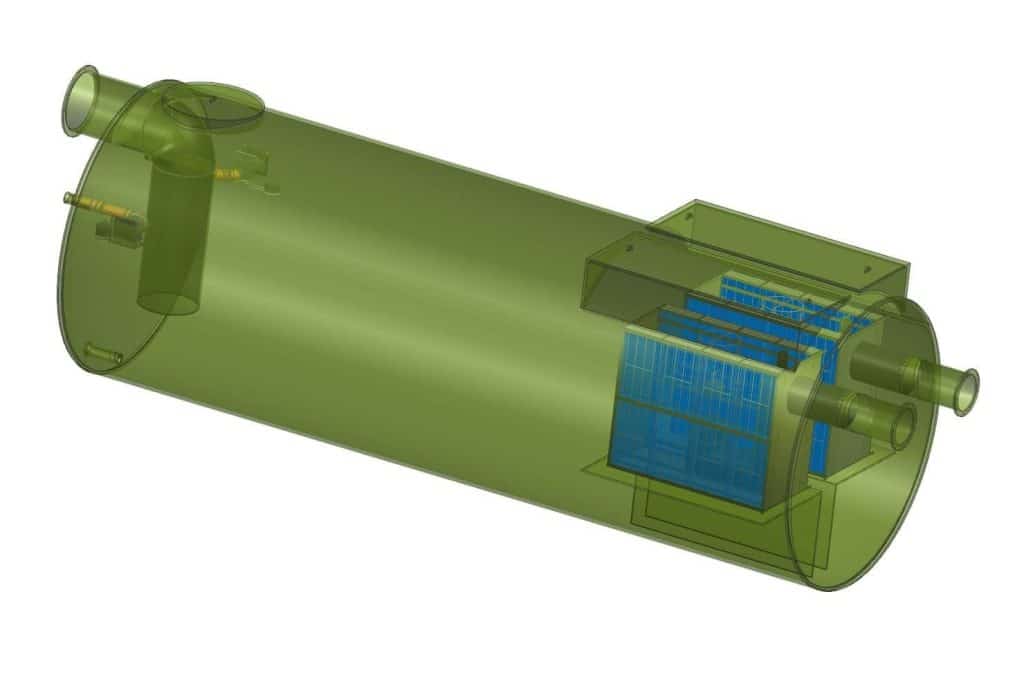
When picking an OWS, consider the site’s needs. Think about the oily wastewater type and amount, space, and soil. For example, areas with high water tables need special designs to stop floating or contamination.
Following the rules is also vital when choosing an OWS. South Carolina has its own rules for underground tanks and wastewater systems. It’s important to pick an OWS that follows these rules to avoid legal trouble and fines.
Thinking about the environment is crucial too. The OWS should stop soil and groundwater pollution and be eco-friendly. This means looking at energy use and the materials used to build it.
Talking to experts can help with these tough choices. Companies like Freytech Inc. can give you advice on the best OWS for your needs and rules. They can help you find a system that works well and follows all the rules.
These separators are crucial in storm water systems. They process runoff to meet the US EPA’s Clean Water Act standards. With effective oily water treatment, facilities protect the environment and dodge big fines.
Conclusion
Below Ground Oil Water Separators are crucial for South Carolina’s environment. They help separate oil and water efficiently and meet legal standards. By using these systems, companies can manage oily wastewater better and lessen their environmental impact.
It’s important to install and maintain these systems well for them to last. Companies should focus on preventing leaks and fixing any contamination quickly. Working with trusted providers and following the law helps protect water and reduce pollution risks.
Choosing reliable Below Ground OWS technology is a wise move for South Carolina businesses. It protects the environment and follows the law. As industries expand, the need for efficient oil-water separation will grow. Below Ground OWS will become even more vital for responsible business in the state.

